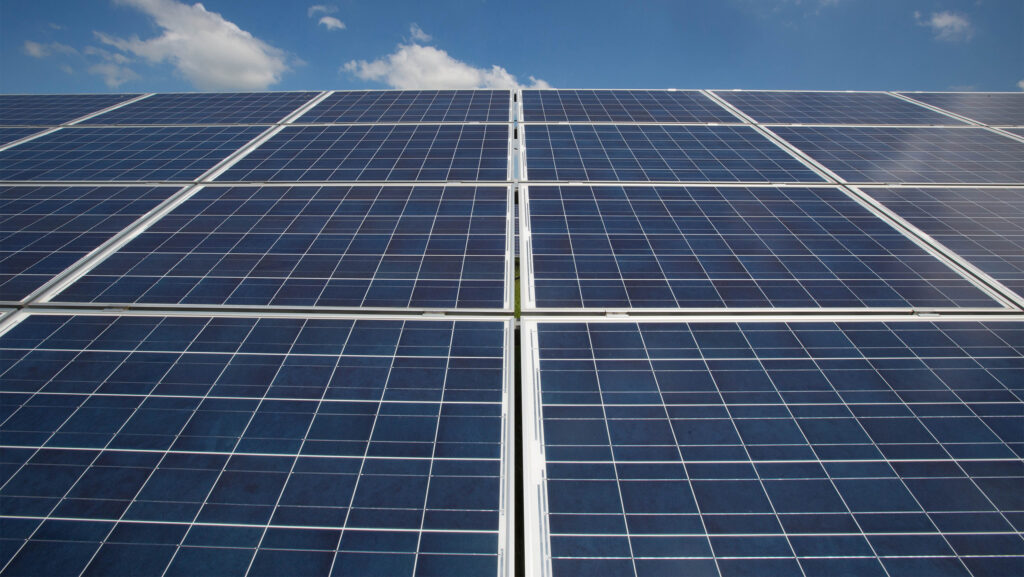Welsh government approves new solar farm in Anglesey
 ©Tim Scrivener
©Tim Scrivener The Welsh government has granted planning permission for a 267ha solar farm on Anglesey, which includes a large proportion of Best and Most Versatile Agricultural Land (BMVAL).
The development, near Llyn Alaw, is said to include 36.7ha of Grade 2 and 122.3ha of Grade 3a land, with the remainder a mix of lower quality agricultural land.
In addition to a 160MW ground-mounted solar array, a battery energy storage system within 42 containers, battery inverter and transformer units, a control room and a substation will also be built.
See also: UK-wide protests held against large-scale solar farms
It is understood that the solar farm would power the equivalent of approximately 36,144 homes (more than all the homes on Anglesey) and displace about 29,621t of carbon dioxide per year.
Welsh economy, energy and planning secretary Rebecca Evans has given the go-ahead to the solar farm, accepting it is taking agricultural land out of production.
Meeting climate objectives
“Whilst the BMVAL within the application site is not being used to its productive potential at the moment, the Agricultural Land Classification grade describes what the land is potentially capable of, not what it is currently used for,” wrote Ms Evans when approving the plans.
She added: “The proposal aligns with and supports Wales’ renewable energy targets and broader climate objectives.
“In this particular case I consider the benefits of the scheme outweigh any harmful effects, including the impact of the proposal on BMVAL.”
Ignoring concerns
Plaid Cymru has opposed the decision, calling it “disappointing”.
In a joint statement, Anglesey MP Llinos Medi, Plaid Cymru leader Rhun ap Iorwerth, and Anglesey County Council leader Gary Pritchard said:
“Local residents have long made their opposition to this development known, because of its damaging impact on our landscapes and agricultural and tourism sectors on the island, while offering little in terms of jobs or economic benefit.”
Plaid Cymru added that it was frustrating that the Labour Welsh government ignored these concerns, despite the proposal contradicting the Welsh government’s own policy of protecting Best and Most Versatile Land.
“This is not about opposing solar energy – which has its role to play as part of the energy mix.
“It is about protecting our communities from exploitation by commercial developers and preventing the loss of vast swathes of valuable farmland when better, more innovative alternatives exist,” the statement said.
